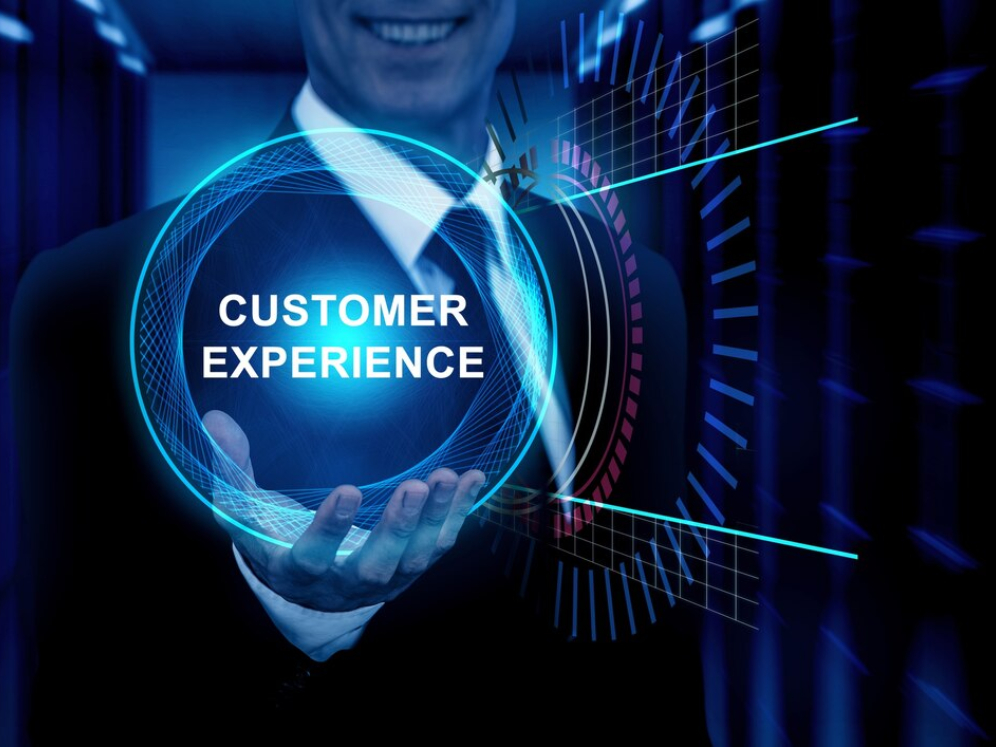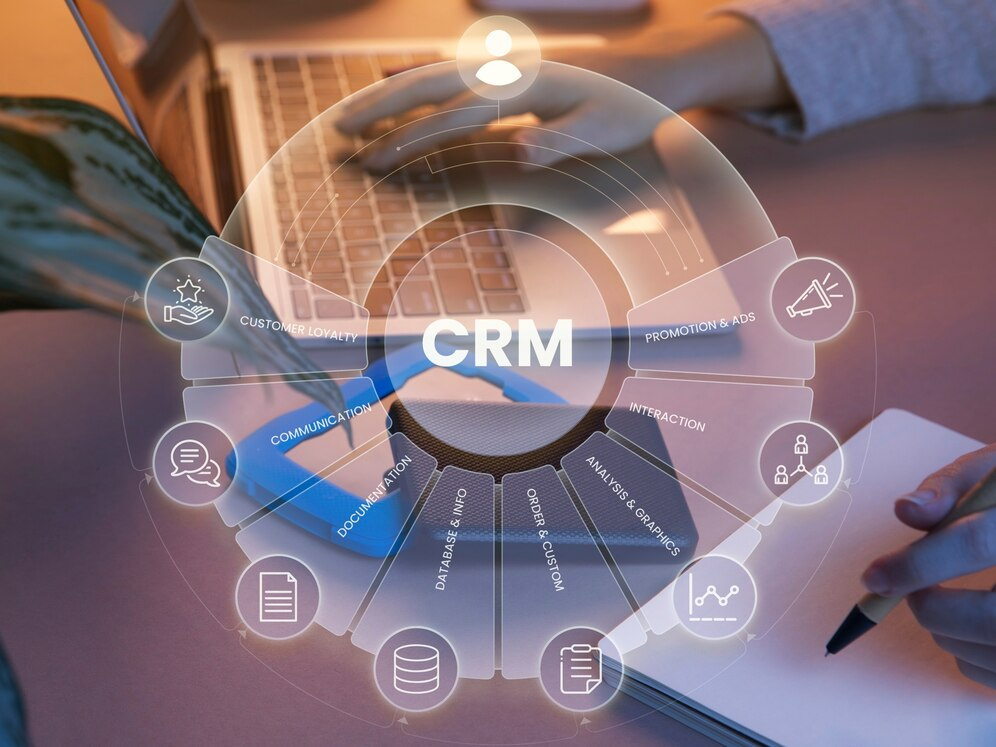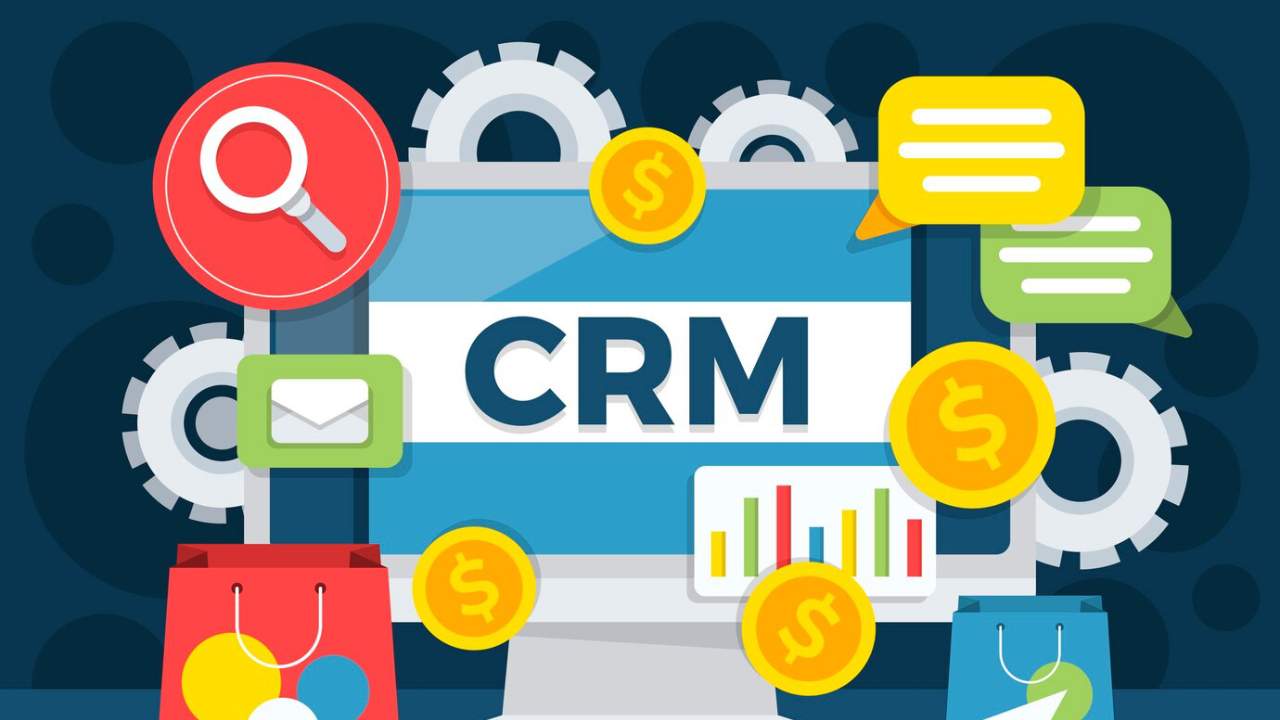In today’s digital world, businesses need more than just a basic CRM. Artificial Intelligence (AI) has transformed CRM systems, making them more powerful, efficient, and intelligent. Whether you’re a startup, small business, or growing company, using a free CRM with AI can help automate tasks, improve customer engagement, and increase sales.
If you’re looking for the best free AI-powered CRM software, this guide is for you. We’ll explore the top free CRM with AI, their features, benefits, and how they can help scale your business.
Why Choose a Free CRM with AI?
AI-powered CRMs take customer relationship management to the next level. Here are some key benefits of using a free AI CRM:
- Automated Data Entry: AI captures and organizes customer interactions automatically.
- Predictive Analytics: Helps forecast sales and customer behavior.
- Personalized Customer Experience: AI-driven insights enable tailored interactions.
- Sales & Marketing Automation: Reduces manual work and increases efficiency.
- Chatbots & AI Assistants: Provide real-time customer support and engagement.
- Lead Scoring & Prioritization: AI ranks leads based on their likelihood to convert.
Now, let’s explore the top free CRM software with AI available today.
-
HubSpot CRM – Best Free CRM with AI for Small Businesses
HubSpot CRM is one of the most powerful free AI-driven CRM tools available. It offers AI-powered insights and automation to help businesses manage customer relationships efficiently.
Key Features:
- AI-Powered Sales Forecasting
- Email Tracking & Automation
- Live Chat & Chatbots
- Lead Management & Smart Suggestions
- Reporting & Analytics with AI-driven Insights
Limitations:
- Some AI features are available only in paid plans.
- Limited customization options in the free version.
Best For: Small businesses and startups looking for a user-friendly AI-driven CRM.
-
Zoho CRM – Best Free AI CRM for Lead Scoring
Zoho CRM offers a powerful AI assistant, Zia, which provides insights and automates workflows, making it a top choice for businesses looking for free CRM with AI.
Key Features:
- AI Assistant (Zia) for Smart Insights
- Lead Scoring Based on AI Predictions
- Workflow Automation
- Conversational AI for Chat Support
- Sales Forecasting with AI Models
Limitations:
- AI features are limited in the free version.
- Free plan supports only 3 users.
Best For: Businesses looking for AI-powered lead scoring and automation.
-
Freshsales (by Freshworks) – Best Free AI CRM for Sales Teams
Freshsales offers a free AI-powered CRM that automates sales tasks and improves decision-making.
Key Features:
- AI-Based Lead Scoring
- Sales Pipeline Automation
- Email & Call Tracking
- AI-Powered Deal Recommendations
- Automated Customer Engagement with Chatbots
Limitations:
- Limited reporting in the free plan.
- Advanced AI features require an upgrade.
Best For: Sales teams looking for AI-driven automation and insights.
-
Bitrix24 – Free AI CRM with Unlimited Users
Bitrix24 offers a completely free AI CRM with automation, collaboration, and customer management tools.
Key Features:
- AI-Powered Sales & Marketing Automation
- Smart Lead Routing & Tracking
- AI-Based Chatbots for Customer Engagement
- Unlimited Users in the Free Plan
- Workflow Automation with AI Suggestions
Limitations:
- AI-powered features have restrictions in the free version.
- Can be complex for beginners.
Best For: Businesses needing a scalable free CRM with AI automation.
-
Odoo CRM – Best Open-Source Free CRM with AI
Odoo CRM is a free open-source AI CRM, making it ideal for businesses that want customization and automation.
Key Features:
- AI-Powered Lead Scoring & Recommendations
- Predictive Sales Insights
- Automated Email & Follow-Ups
- Smart CRM Dashboard with AI Reports
- Customizable AI Modules
Limitations:
- Requires technical expertise to set up and customize.
- Advanced AI modules may require paid integrations.
Best For: Businesses looking for customizable AI CRM software.
-
Insightly – Free AI CRM for Project & Sales Management
Insightly is a free AI-driven CRM with project management capabilities.
Key Features:
- AI-Powered Workflow Automation
- Smart Lead Tracking & Prioritization
- Project Management with AI Insights
- Email Tracking & Marketing Automation
- AI-Enhanced Data Analytics
Limitations:
- Free plan allows only two users.
- Some AI features require a paid plan.
Best For: Businesses needing AI-driven CRM with project management.
-
Agile CRM – Free AI CRM for Marketing & Sales Automation
Agile CRM provides AI-powered automation for sales and marketing teams.
Key Features:
- AI-Based Email & Campaign Automation
- Smart Customer Segmentation
- Predictive Lead Scoring
- AI-Powered Chatbots
- Social Media & Email Marketing Integration
Limitations:
- Free plan is limited to 1,000 contacts.
- Advanced AI features require an upgrade.
Best For: Businesses looking for AI-powered marketing and automation.
Conclusion: Choosing the Best Free AI CRM
A free CRM with AI can help businesses automate workflows, improve sales performance, and enhance customer experiences. The best choice depends on your specific needs:
- For an all-in-one CRM with AI:HubSpot CRM
- For AI-powered lead scoring:Zoho CRM
- For sales automation & insights:Freshsales
- For unlimited users & AI automation:Bitrix24
- For open-source AI-powered CRM:Odoo CRM
- For AI-driven project management:Insightly
- For AI-powered marketing automation:Agile CRM
By leveraging the power of AI in CRM, businesses can boost efficiency, enhance customer interactions, and drive growth—without spending a dime.
Try one today and transform the way you manage relationships!










